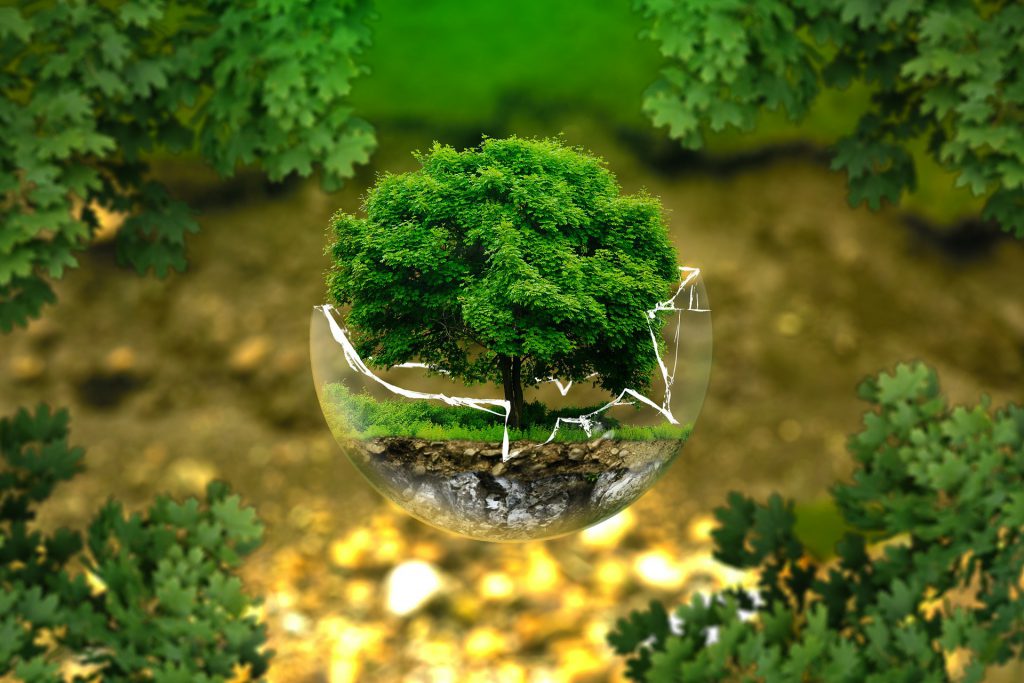Many Catholics are familiar with the term “stewardship,” but the full meaning of the word is not well known, and few people realize that stewardship can be fun and creative!
The United States bishops define a good steward as “one to whom the owner of a household turns over responsibility for caring for the property, managing affairs, making resources yield as much as possible and sharing the resources with others.” (Stewardship: A Disciple’s Response, 10th Anniversary Edition) Of course, when bishops talk about the “owner of a household,” you know they are talking about God. So that means the one to whom the responsibility is given is actually everyone on God’s earth.
This is no small responsibility! Continuing to use the bishops’ definition, look at ways that families can become good stewards.
Joyfully appreciate God-given beauty and wonders of nature:
Explain to children that all creation is God’s gift to us and explore many aspects of it. Outside, look for a variety of insects. Then close your eyes and listen. How many kinds of birds do you hear? Can you hear and feel the wind? How does the sun feel? Touch the barks of several trees; examine leaf shapes and colors; lay on the grass and watch clouds, a sunset, or stars. Inside, taste different fruits or savor bread; compare the texture of an artichoke and a cucumber; hug a dog; express awareness of the ease of using electricity; run your hand over smooth, wooden furniture or a woolen blanket; look at a book; listen to music; enjoy laughter. Then you will know why it says in Genesis, “And God saw how good it was.”
Protect and preserve the environment:
Research water shortages in the world (see websites for the World Health Organization or Catholic Relief Services) Together make a plan to conserve water, in kitchen, bath and laundry. Learn how electricity production contributes to global warming. Challenge each other to decrease household electricity use. Young children can become ‘earth protector police’, making certain faucets and lights are turned off. Keep a chart on their work and have and ‘environmentalist-of-the-week’ award (something organic!). Plant lettuce and talk about the effects of pesticides on soil, animals and people. When eating your harvest, discuss ways to cut down on food waste.
Respect human life, shield it from threat and assault, enhance the gift of life so it can flourish:
Take joy in babies you encounter. Introduce children to elders and encourage story telling between them. Bring toys and clothing to a family shelter. Utilize the inevitable media violence to discuss what the consequences would be in real life. Look up the organization Save the Children. Learn about the benefits others receive when you purchase Fair Trade chocolate or coffee and find sources for them. Give support to a child or elderly person through a monthly sponsorship program, asking your children’s to contribute too. Your sharing means a better life and education for someone else.
What is the result of this stewardship? The world will be better off, and you, too will see how good it is!



